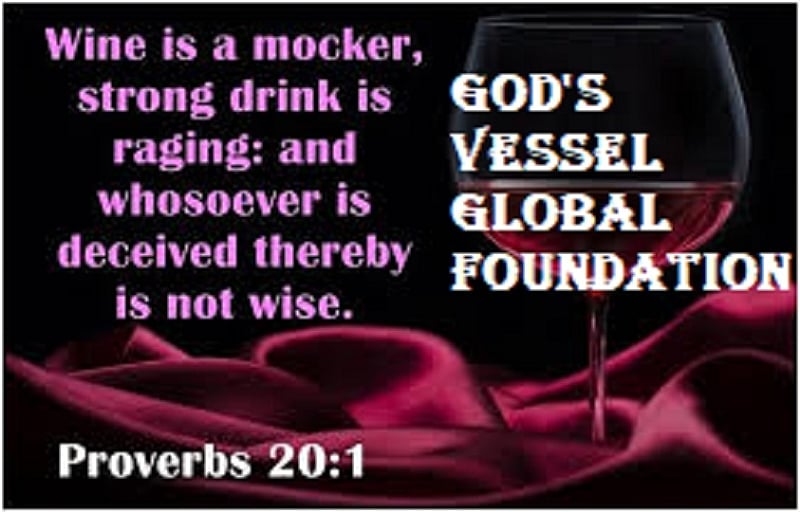This message, delivered with fervent spiritual conviction, warns against the dangers of negative influences and exhorts readers to cultivate discernment and vigilance in their personal and spiritual lives. The author, identifying as God’s Vessel Francis Ameyibor, uses vivid biblical imagery and analogies to highlight the importance of choosing one’s companions wisely and resisting temptations that lead to ruin. The message is structured as a series of direct addresses – “Son of Man,” “My Beloved Sisters and Brothers in Christ,” “Daughter of Zion,” and “Precious friend” – creating a sense of personalized counsel and emphasizing the universal relevance of the message across genders and spiritual affiliations.
The initial warning focuses on the destructive nature of strong drink, both literally and metaphorically. Excessive alcohol consumption is presented as a gateway to unwise decisions and vulnerability to mockery. This extends beyond literal intoxication to encompass any influence, person, or behavior that clouds judgment and compromises one’s dignity. The message urges readers to guard their hearts and minds, maintaining control over their actions and associations to avoid being led astray. The author stresses the importance of vigilance, urging readers to be proactive in recognizing and resisting negative influences before they take hold.
Expanding the scope of the warning, the message calls for introspection and self-awareness, prompting readers to identify personal addictions or attachments that are drawing them away from God, family, and positive living. It emphasizes the importance of spiritual warfare, recognizing that life’s challenges are not merely secular but also have a spiritual dimension. The author urges readers to assess their “posture” towards these battles, highlighting the importance of a positive mindset, declarative pronouncements, and unwavering focus on spiritual growth. The central question posed is whether one is on the “winning team” aligned with God’s purpose or on the “losing side” succumbing to negative influences.
The message then uses the analogy of wine as a “mocker” to further illustrate the insidious nature of negative influences. It warns against allowing oneself to become “intoxicated” by people or things that ultimately lead to shame and ridicule. The message emphasizes the importance of recognizing and rejecting these influences before they compromise one’s integrity. It highlights the need to be cautious of those who infiltrate one’s life with deceptive intentions, potentially leading to public embarrassment and spiritual downfall.
Drawing upon various biblical figures, the message underscores the dangers of misplaced trust and the complexities of human relationships. The author cautions against having “too many friends” on the “battlefield of life,” arguing that a multitude of friends can increase the risk of betrayal and disappointment. This resonates with the biblical account of Judas Iscariot, who betrayed Jesus. The message encourages discernment in choosing companions, emphasizing the value of a true friend who remains steadfast even in adversity. Further biblical allusions to Peter’s denial of Jesus, Joseph’s trials among his brothers, and Potiphar’s wife’s seduction attempts serve as cautionary tales, highlighting the potential for betrayal, envy, and temptation even within seemingly close relationships. The figure of Haman, who plotted to destroy the Jewish people, represents an ever-present threat requiring constant vigilance.
The message concludes with a personal declaration from the author, setting the year 2025 as a time for personal breakthrough and recognition. This declaration is coupled with a prayer for protection from bad companions and deliverance from those who plot harm. The prayer specifically requests divine intervention to expose those who, like Judas Iscariot, may harbor treacherous intentions and to protect against those who, like Haman, seek to cause destruction. This personalizes the message and demonstrates the practical application of the principles outlined throughout. The inclusion of biblical references and contact information reinforces the author’s authority and provides resources for further spiritual guidance. The overall message is one of urgent caution and empowering encouragement, reminding readers that they are engaged in a spiritual battle requiring constant vigilance, discerning choices, and reliance on divine protection.














